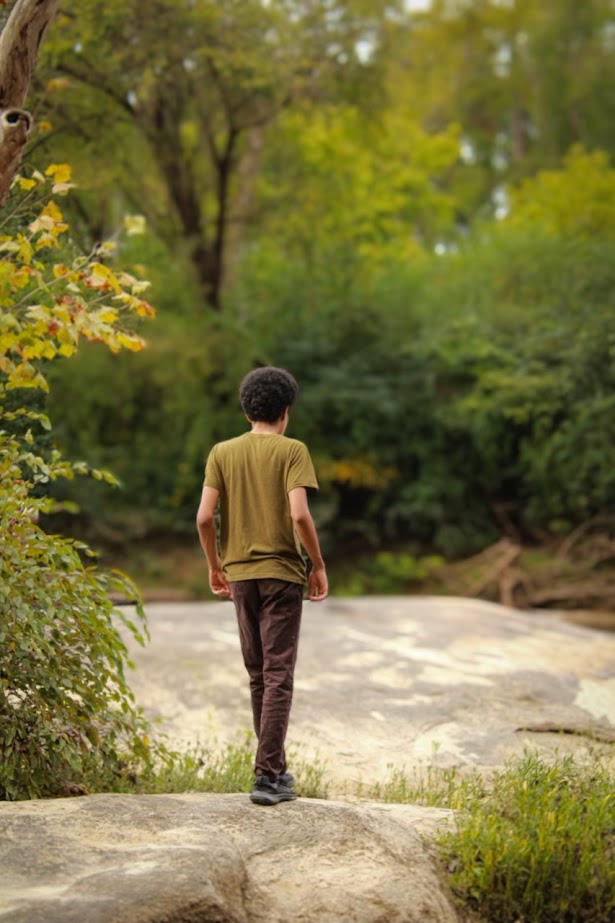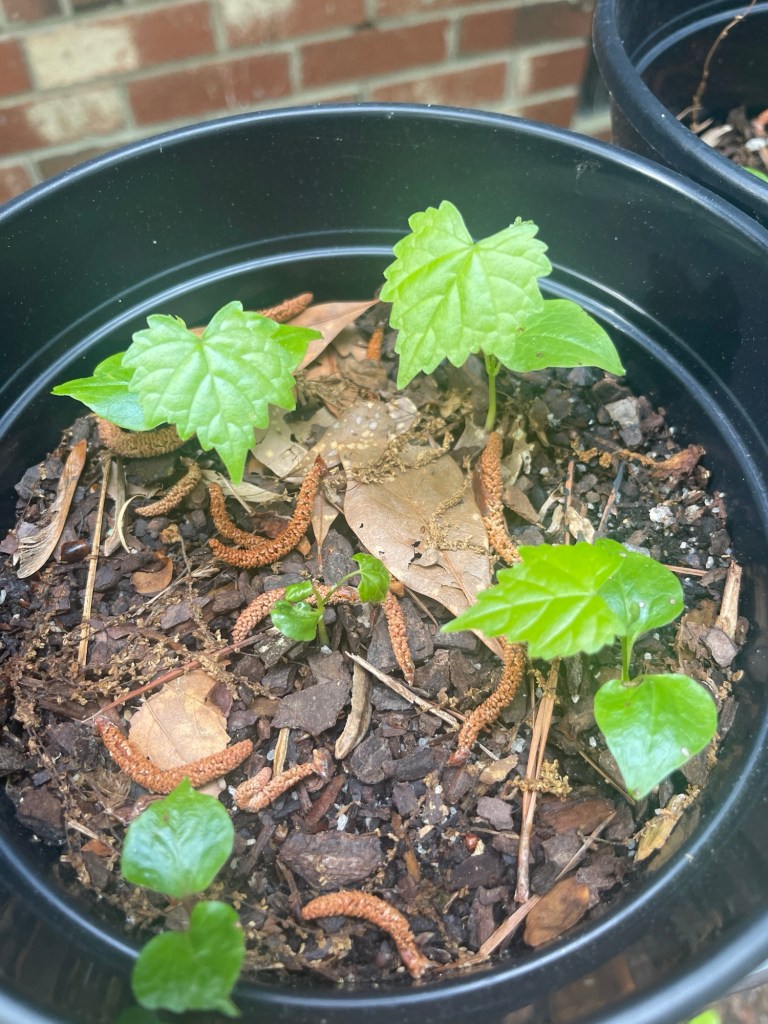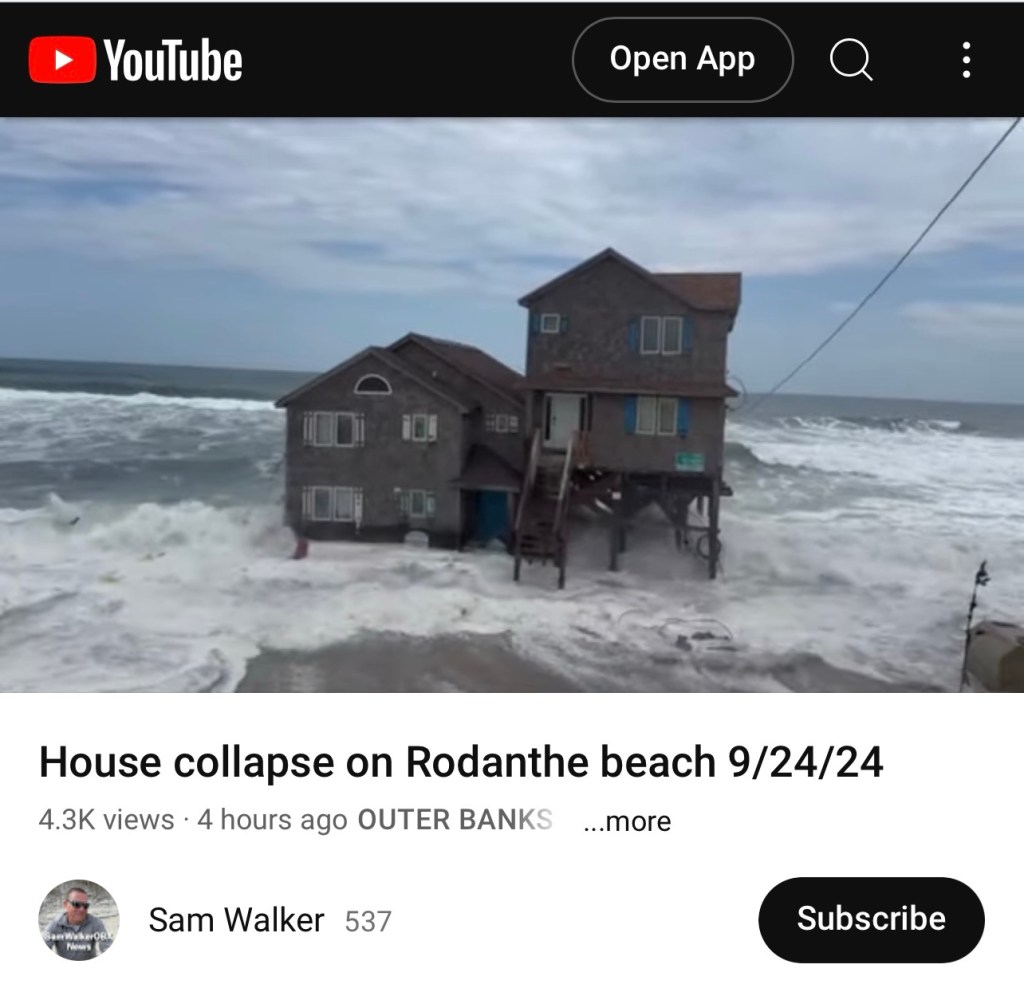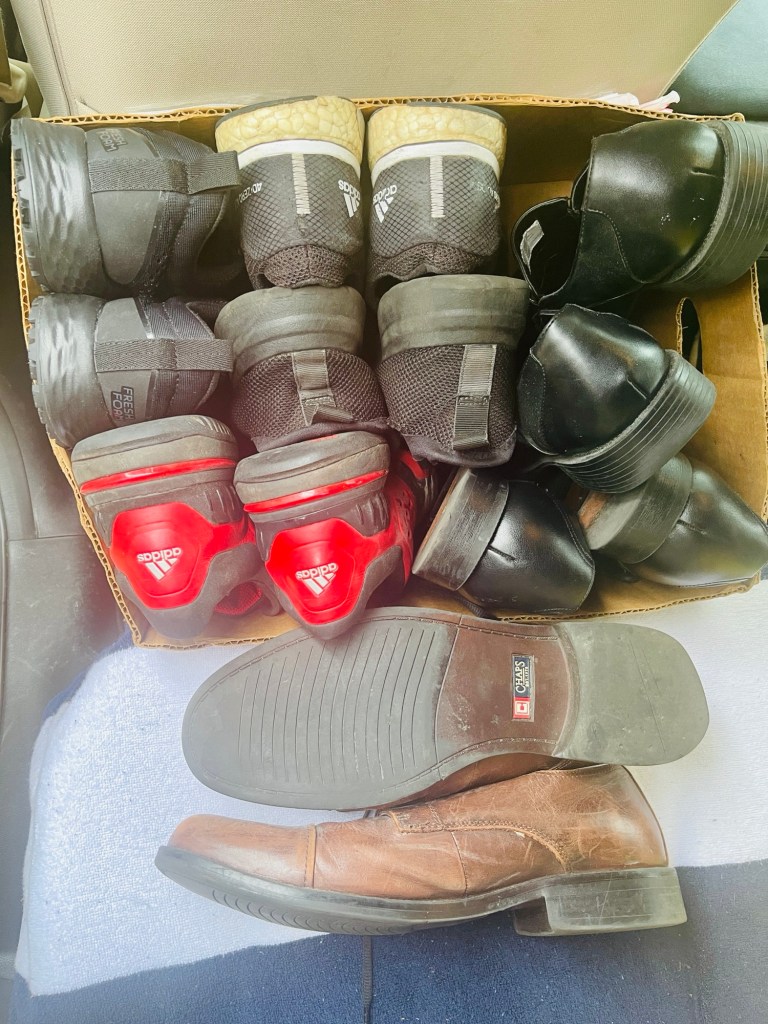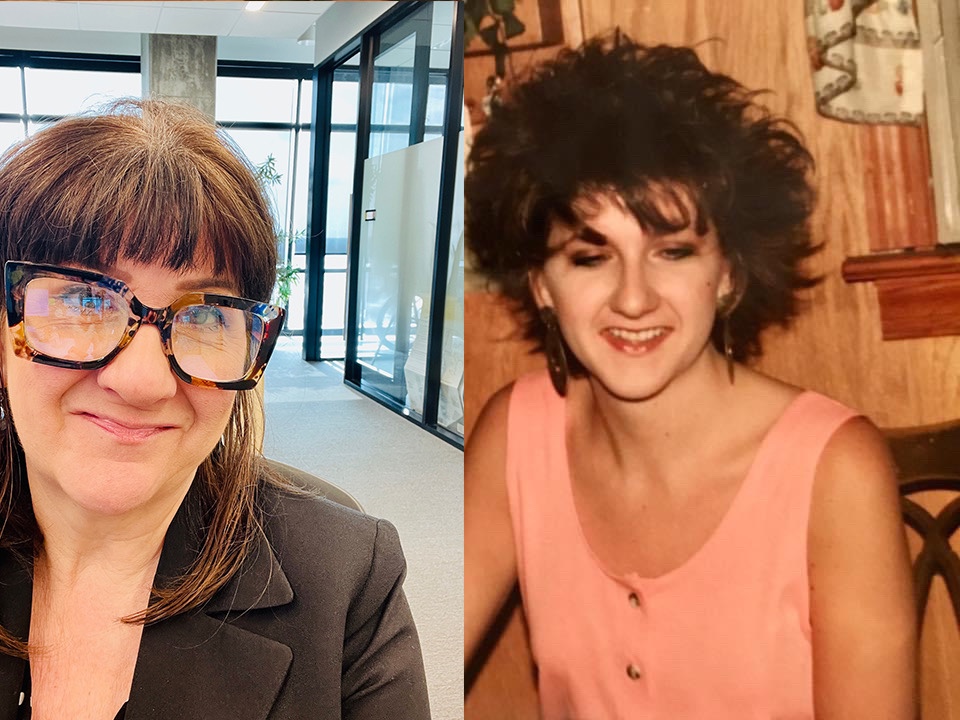My TikTok feed is filling up with empty nesters seeking to share and find consolation as their last child in the home strikes off as a young adult, usually off to college. This didn’t happen accidentally of course – it’s very timely for me since my youngest is navigating the age of 18 as a senior in high school. Somehow, the algorithm knew.
He’s having a great time experiencing successes in school while juggling having a girlfriend, a job, and a (premature) sense of being grown. He has big plans and big talents to match, so I sincerely expect great things ahead for him. He can hardly wait to get at it ALL.
Meanwhile, I am losing it.
Nothing makes sense, and yet, everything is going as it should. He is stretching in ways that make me literally insane, and he is becoming independent and (very slowly) responsible. He needs me for little other than a place to sleep and consume snacks and utilities. And I’ve raised my children to be independent and socially responsible adults, so that’s good, right? I have been preparing myself mentally for his “leaving the nest” to happen in 2024. Not 2023. But he is rarely here and, when he is, he isn’t really interested in being parented.
But, that’s who I am. I’m a parent. A doting mother. And I’ve been a sole parent for the huge majority of my parenting life. I’ve been raising one child or another since 1989 – and most of that time, in the same house. So, this is my current crisis. I know I have to rediscover my authentic self and nurture her and live life like a grown woman should – that’s precisely how I would advise anyone who might come to me in the same predicament. But, right now, I just feel broken. And alone. And used up. I can’t formulate any plans for myself. I vacillate from wanting to go on a worldwide spiritually contemplative tour to merely contemplating whether I can muster the energy to go to Wegman’s. I don’t want to do either of those things alone. I just don’t.
I also don’t want to go chasing new people. Sincerely do not want. But, this is where I can begin to spiral – in the toilet swirl of everything I don’t want. So, my question to myself is, “what do I want?”
And that question sends me waaaaay back to my 17-year-old self when I had to choose an academic major. I can see myself seated at a table in an exercise of crossing off everything I knew I didn’t want to do on the list of majors and related careers. Then, I see and hear my mother telling my then-boyfriend, “she doesn’t know what she wants.” Well? What do I want for myself in this one big life?
A Grammy. I want that.
A man who is safe and creative and emotionally intelligent and loving and responsible and wise in Christ as my companion and partner. I want that. If not all those things, I’d rather be on my own.
A published book (or a few.) I want that, too. This is probably the easiest one to wrap up.
In a nutshell, I want to expand my legacy for my children and grandchildren and live this phase of life with a partner I can trust and continue to grow with. I want to see new people, places, and things in the world and build new things in my own part of the world. I. want. to. enjoy. life.
But, first, I have to find the motivation to get off the sofa, put on regular pants and shoes, brush my hair, and drive to the grocery store. Today, that’s my struggle.
Photo credit: Locean Studio | London Lanier Photography


